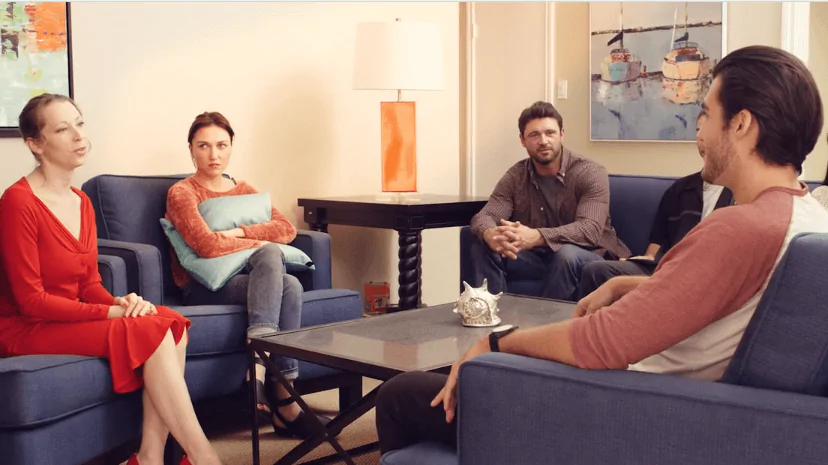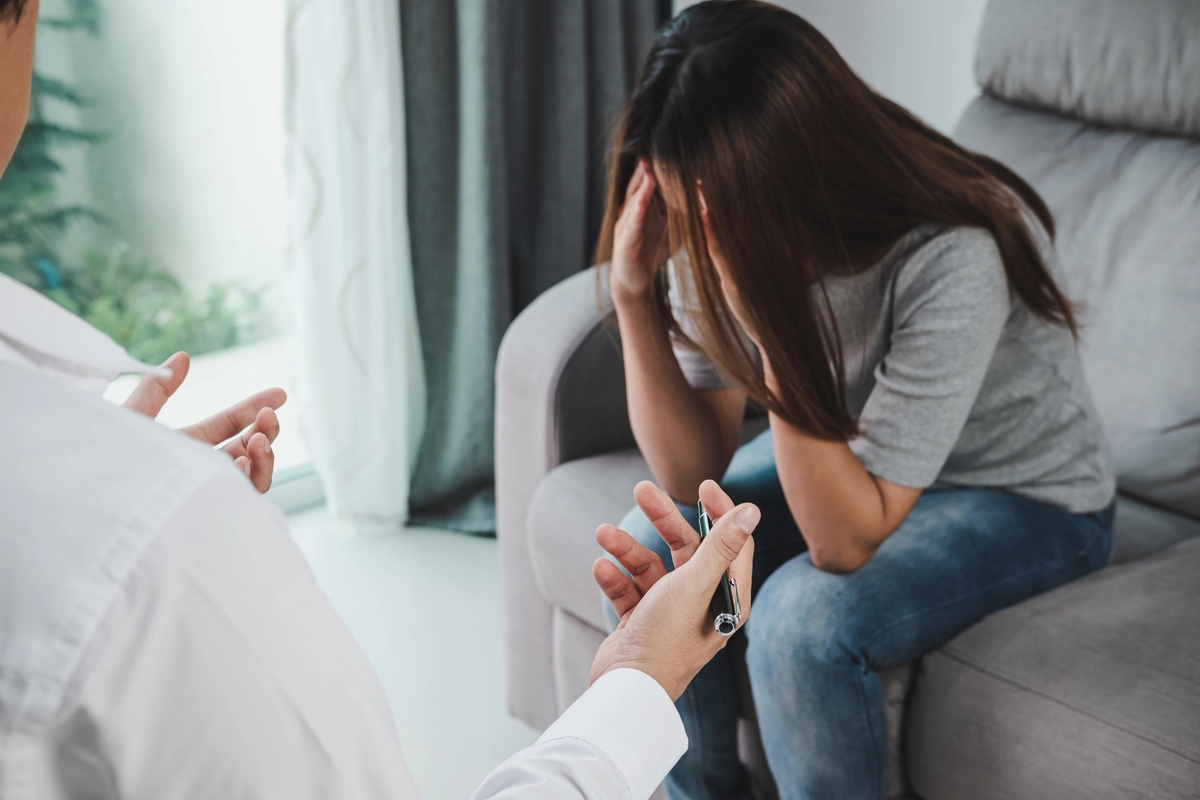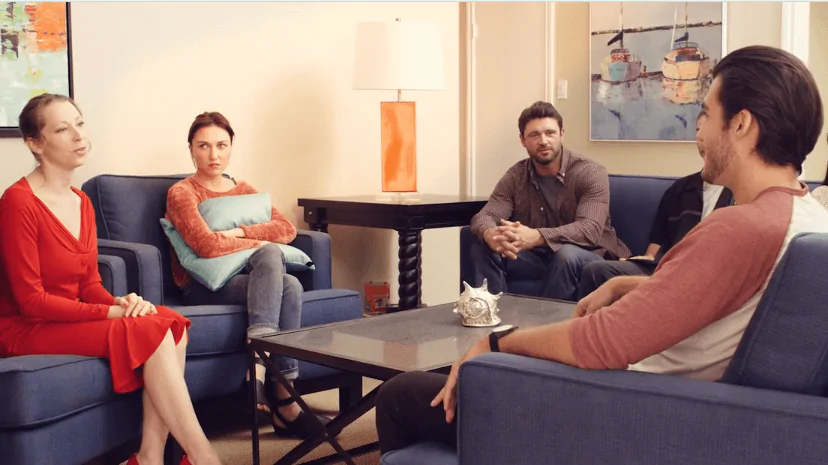24/7 Helpline:
(866) 899-221924/7 Helpline:
(866) 899-2219
Learn more about Eating Disorder Treatment centers in Norlina
Eating Disorder Treatment in Other Cities

Other Insurance Options

Access to Recovery (ATR) Voucher

Amerigroup

Cigna

Covered California

Kaiser Permanente

Optum

Aetna

Lucent

GEHA

Multiplan

MHNNet Behavioral Health

UnitedHealth Group

CareFirst

UMR

BlueCross

EmblemHealth

Coventry Health Care

Optima

AllWell

Evernorth

Freedom House Recovery Center – Lake Area Counseling Halfway House
Freedom House Recovery Center - Lake Area Counseling Halfway House provides up to six months of reco...













































































